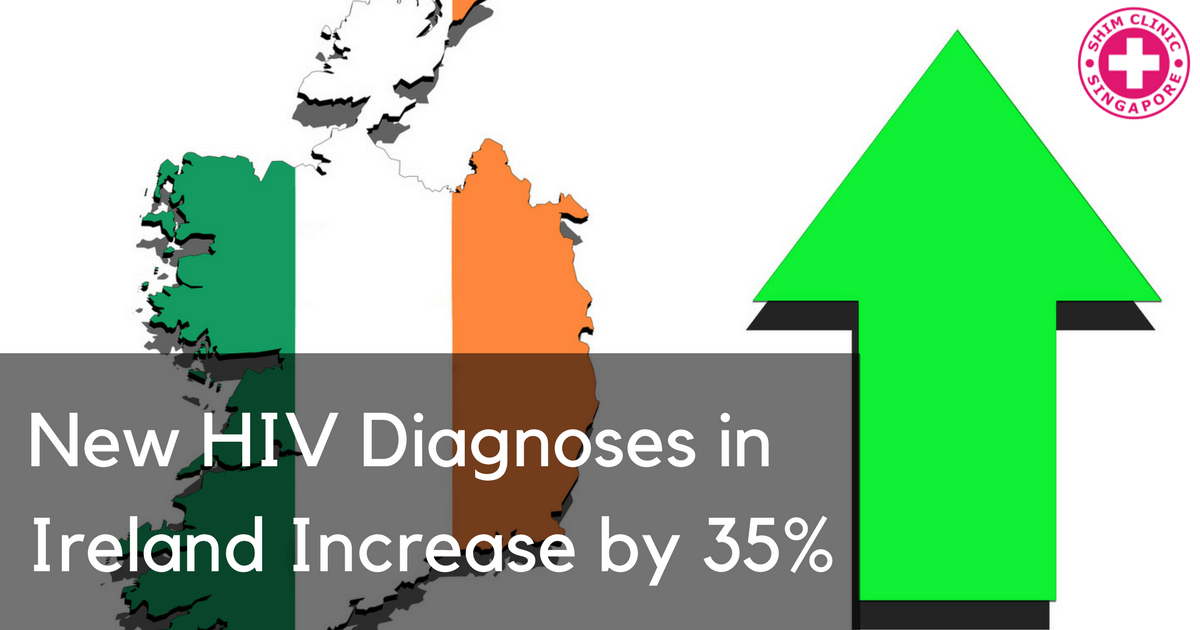New cases of HIV in Ireland are reported to be at an all-time high. This is the reason behind Ireland’s decision to celebrate its 30th anniversary by conducting a survey across the country on the stigma that surrounds people living with HIV.
The objective of the national survey is to find out how living with HIV affects the day to day lives of the said individuals. In addition, the survey is aimed at finding out the reasons behind the increase in new HIV infections. The survey will be followed by another one that will focus on the general public’s perceptions on HIV and their level of knowledge and awareness of the virus.
The survey which will be carried online is set to be up and running for 6 weeks with the results expected to be ready for Irish AIDS Day on 15th June. The full report on the survey is expected to be launched at the end of the year.
The Numbers on HIV Infections in Ireland
485 new cases of HIV were reported in Ireland in 2015. In the preceding year, the provisional figures from the Health Protection Surveillance Centre reported 513 cases. The situation is so bad that 10 people every week are diagnosed with the virus. Additionally, since 2011, the number of new HIV infections has risen to 35%.
Reasons Behind the Rising Numbers
One of the researchers suggested that the stigma that surrounds the virus may be to blame for the low turn-out in accessing HIV treatment. Stigmatisation also plays a key role in the number of people that are ready to be tested for the virus.
Lack of HIV testing may lead to the late detection of the virus when it is already in its advanced stages of which may be too late for some people. Additionally, lack of treatment of the virus means that it is very easy to transmit the infection hence the growth in numbers!
Furthermore, those who may have been tested for the virus and found to be positive may be scared to go for treatment because of the stigma that still surrounds HIV.
Recommendations from the Survey
The results from the study may prove to be vital in the fight against HIV in the sense that the researchers will get a clue on what people think and know about HIV.
Moreover, the survey is tailored to find out how living with HIV affects HIV-positive people. From the results, suggestions and policies may be formed to make life easier for people living with HIV.
Additionally, information on the perceptions of the virus by the general public will help the researchers find out whether people believe in the myths about HIV. In the event that they do, a lot needs to be done to educate the public on the facts of the virus.
Finally, there are so many advancements in the treatment of HIV that should help health workers in Ireland to reduce the transmission rates of HIV. These include the use of drugs such as HIV PEP and HIV PrEP. The researchers need to find out what new methods are being used to prevent as well as treat HIV.

